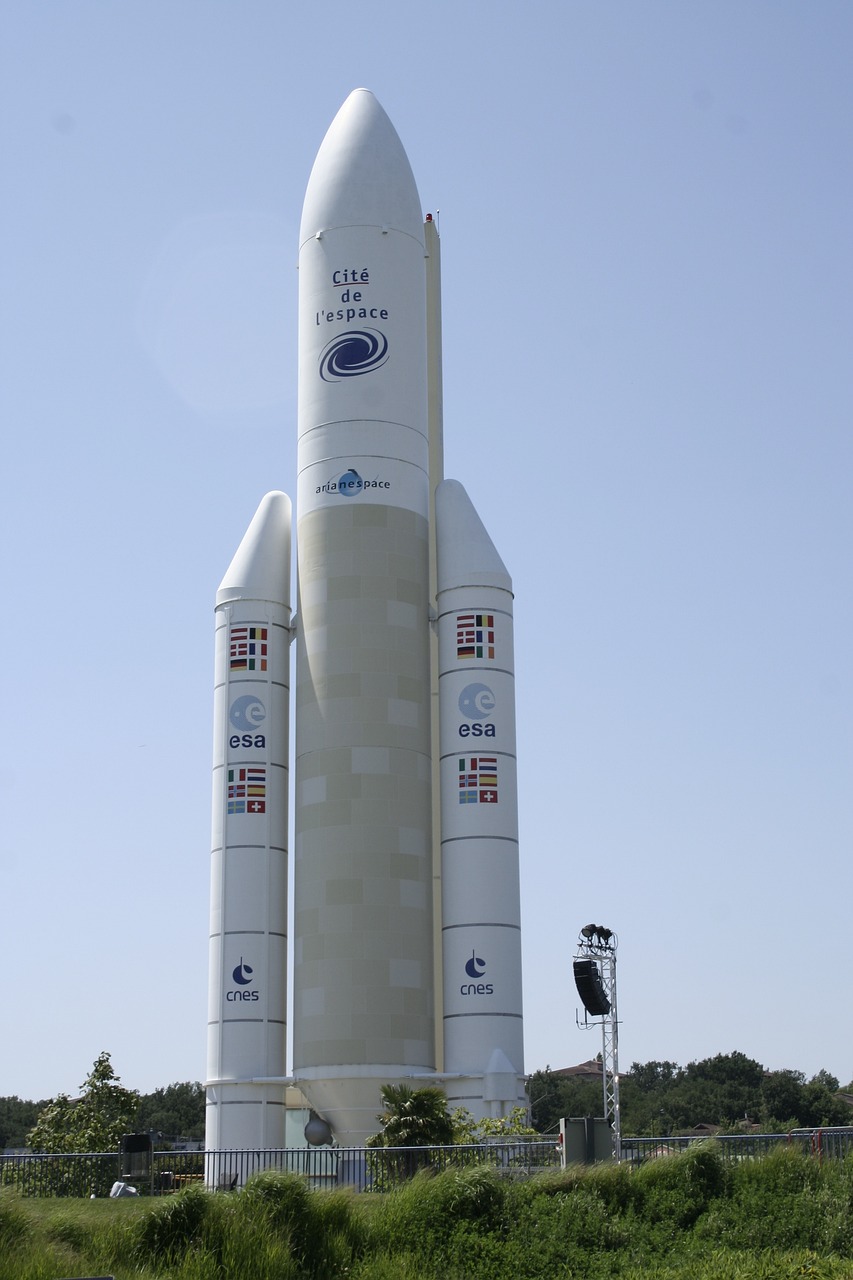Welcome to our blog series on the fascinating world of space science! In this series, we’ll explore the educational background required to become a space scientist, delve into the various career opportunities available in the field, and provide insights into the exciting work being done by space scientists around the globe.
Educational Background: Becoming a space scientist typically requires a strong educational foundation in science, technology, engineering, or mathematics (STEM) fields. Here’s a breakdown of the typical educational path:
- Bachelor’s Degree: Start by earning a bachelor’s degree in a relevant field such as physics, astronomy, astrophysics, aerospace engineering, or planetary science. During your undergraduate studies, focus on building a solid understanding of fundamental scientific principles, mathematics, and computer programming.
- Advanced Degrees: Many space scientists pursue advanced degrees such as a master’s or Ph.D. These degrees provide specialized training and research opportunities in areas such as observational astronomy, theoretical astrophysics, planetary science, or aerospace engineering. A Ph.D. is often required for research positions and academic faculty positions.
- Research Experience: Gain hands-on research experience through internships, research assistantships, or participation in undergraduate research programs. Collaborating with faculty mentors and participating in research projects can provide valuable skills and insights into the field of space science.
- Specialized Training: Depending on your specific area of interest within space science, you may need additional specialized training or certifications. For example, if you’re interested in space exploration missions, you may need training in spacecraft design, mission planning, or mission operations.
Career Opportunities: Space scientists have a wide range of career opportunities available to them in both academia and industry. Here are some common career paths:
- Academic Research: Many space scientists pursue careers in academia, conducting research at universities, research institutions, or government laboratories. They may also teach courses in astronomy, physics, or related fields and mentor graduate students.
- Government Agencies: Government agencies such as NASA, ESA (European Space Agency), and other space agencies around the world employ space scientists to conduct research, develop space missions, and analyze data from spacecraft and telescopes.
- Private Industry: Private companies involved in aerospace, defense, telecommunications, and satellite technology also hire space scientists for research and development, engineering, and project management roles.
- Nonprofit Organizations: Nonprofit organizations focused on space exploration, science education, and advocacy also offer opportunities for space scientists to contribute to research, outreach, and policy initiatives.
- Science Communication: Some space scientists pursue careers in science communication, sharing their knowledge and enthusiasm for space science through writing, public speaking, media appearances, and outreach activities.
Conclusion: Becoming a space scientist is an exciting and rewarding journey that requires dedication, curiosity, and a passion for exploring the unknown. With the right educational background and skills, you can embark on a fulfilling career contributing to our understanding of the cosmos and shaping the future of space exploration. Stay tuned for more insights and inspiration in our Journey into the Cosmos blog series!


